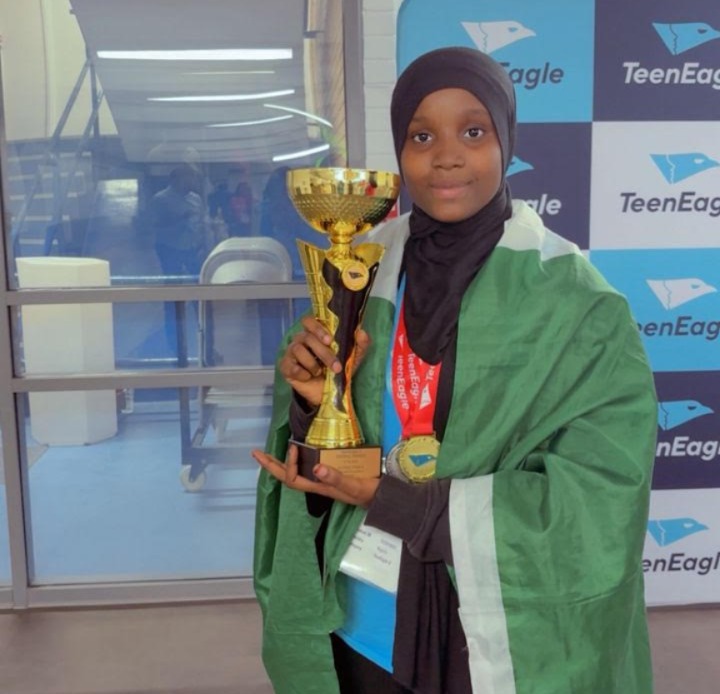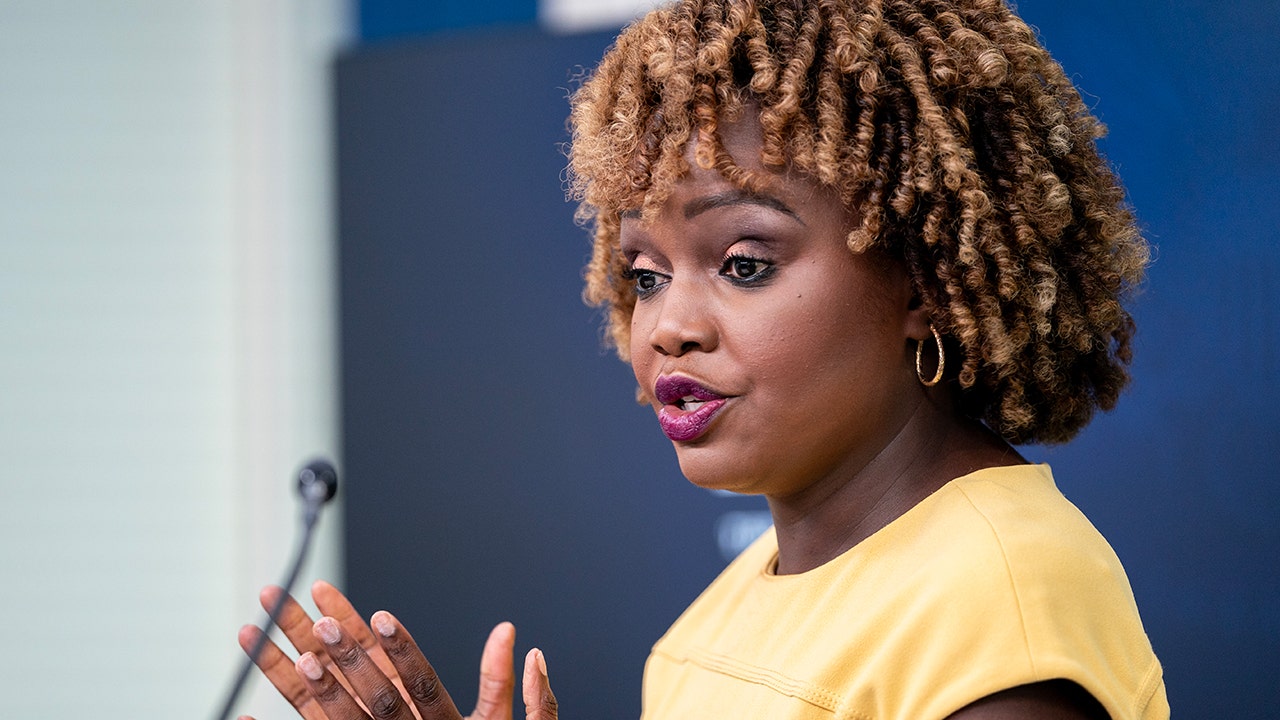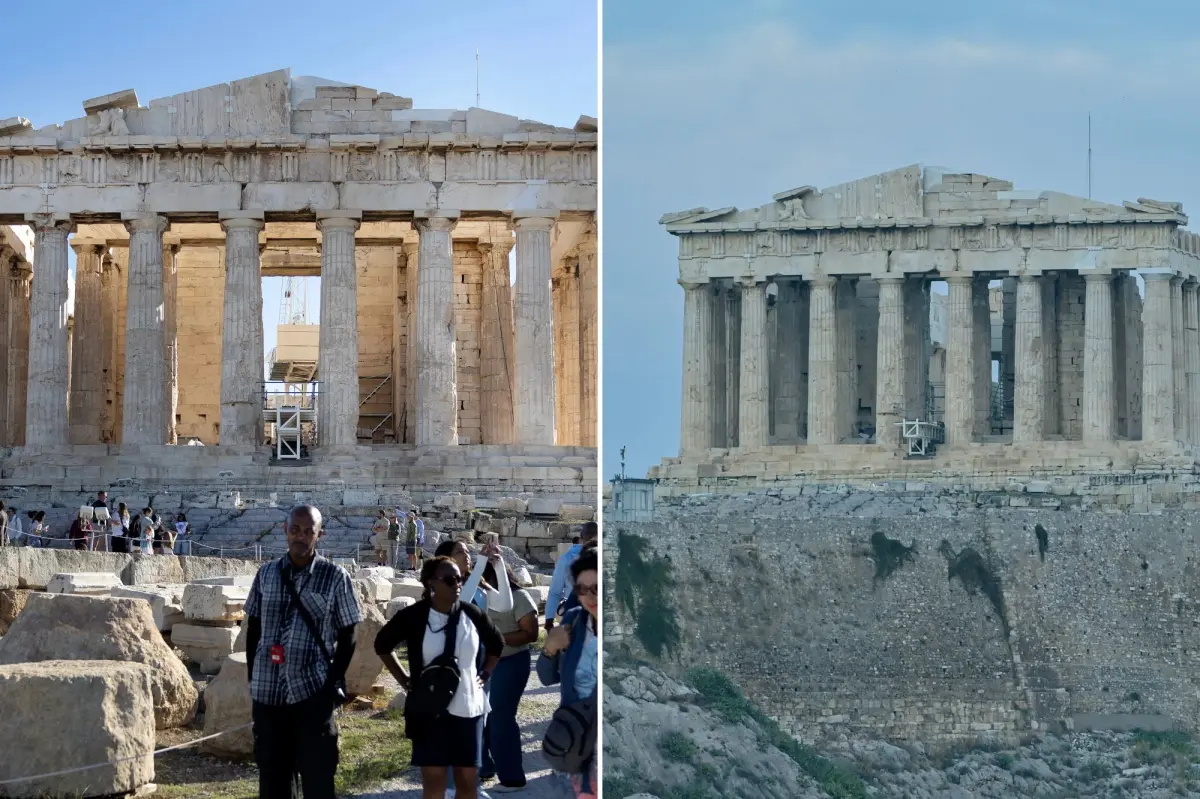Copyright leadership

At just seventeen, she conquered the world with words — and taught a nation to believe again. A Star Is Born When Nafisa Abdullahi Aminu, a 17-year-old student of Tulip International College, Yobe State, walked onto the global stage at the 2025 TeenEagle Global Finals in London, few outside her immediate circle could have guessed the scale of what was about to unfold. By the end of the competition, Nigeria had a new heroine — a teenager who had beaten contestants from 69 countries to emerge World Best in English Language. It was more than a win; it was a declaration that brilliance knows no geography. “I just wanted to make Nigeria proud,” she said with quiet confidence. “I never imagined I would make the world listen.” From Yobe to the World Born in Kano State and raised in Yobe, Nafisa’s story is as unlikely as it is inspiring. Her father passed away when she was still an infant, and she was raised by her stepfather, Alhaji Yusuf Umar Kaigama, who instilled in her the values of discipline and determination. She also carries a proud royal lineage — a descendant of two revered rulers of the Kano Emirate, Emir Ibrahim Dabo and Emir Abdullahi Maje Karofi. But beyond heritage, it was her hunger to learn — and to lift others through language — that set her apart. In a region where insecurity often overshadows talent, she emerged as a beacon of what is possible when opportunity meets ambition. A Triumph for Nigeria At the TeenEagle Global Finals — a rigorous, multi-stage contest involving over 20,000 participants worldwide — Nafisa’s command of English stunned both judges and peers. She not only outperformed students from the United States, the United Kingdom, and Canada — she also redefined the narrative about education in northern Nigeria. Her victory carried symbolic weight: it wasn’t just a medal for one girl; it was a triumph for millions of young Nigerians, especially girls, who dream despite the odds. “Her achievement reminds the world that Nigeria’s potential is boundless when talent is nurtured, not neglected.” The Birth of a Movement Following her victory, Nafisa launched a bold personal campaign titled “Always Speak English: No More Vernacular in Schools.” Her message was clear: English proficiency, she argued, is not about abandoning culture — it’s about embracing opportunity. She became an advocate for linguistic confidence, touring schools and addressing assemblies where she urged students to use English as a tool for global connection. “A weak command of English,” she said, “can close doors that talent alone cannot open. But when you speak with confidence, the world listens.” Her advocacy soon gained traction, sparking debates and admiration across social media and classrooms in Nigeria’s North-East. A Role Model Beyond Measure Nafisa’s humility, intellect, and poise have made her a national symbol of excellence. In a world often captivated by celebrity fame, her rise stands as proof that intellect, discipline, and grace still command respect. Her achievement earned her a rare recognition: induction into the Arewa Wall of Fame — making her the youngest person ever so honoured. She now stands shoulder to shoulder with cultural icons, innovators, and public servants whose lives have shaped the northern story. A Legacy in the Making What makes Nafisa’s journey even more remarkable is that she represents the new face of education — one shaped not by privilege, but by perseverance. Her triumph is already inspiring a new generation of students who now see academic excellence as a path to pride, not pressure. In classrooms across Yobe and Kano, her name has become shorthand for possibility. Teachers reference her in lessons. Parents tell their children, “If Nafisa can do it, so can you.” Her success has sparked a ripple effect, prompting both government and private educators to invest more in literacy programmes and debate clubs. “She didn’t just win a competition,” said one of her mentors. “She reset the compass for an entire generation. The Power of Words For Nafisa, language is more than grammar and vocabulary — it’s empowerment. It’s the bridge between isolation and opportunity, the difference between silence and expression. Her dream, she says, is to study linguistics and one day become an international education advocate — “helping young Africans find their voice in a connected world.” That dream, like her story, speaks to something larger than self: a vision of Africa that no longer apologises for its brilliance.



